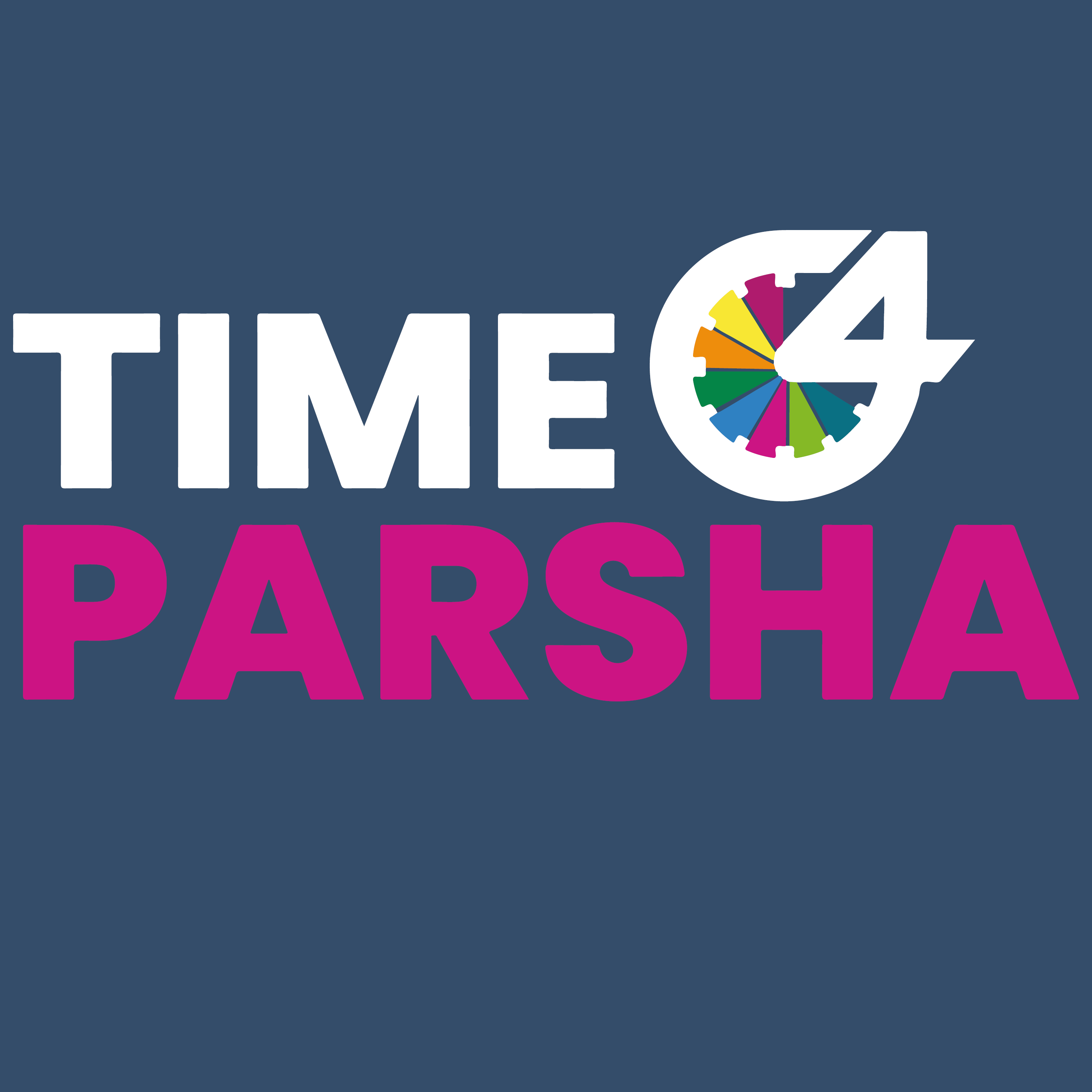Episode Transcript
On the one hand, Klal Yisrael excels in this mitzvah, in their gemilus chassadim and their bein adam l'chaveiro. But on the other hand, this mitzvah has proven to be a great nisayon for Klal Yisrael. What makes וְאָהַבְתָּ לְרֵעֲךָ כָּמוֹךָ so difficult?
The Mishnah in Pirkei Avos says:
רַבִּי חֲנִינָא סְגַן הַכֹּהֲנִים אוֹמֵר הֱוֵי מִתְפַּלֵּל בִּשְׁלוֹמָהּ שֶׁל מַלְכוּת שֶׁאִלְמָלֵא מוֹרָאָהּ אִישׁ אֶת רֵעֵהוּ חַיִּים בָּלָעוּ.
You should daven for the welfare of the government because without the fear of law enforcement, people would swallow each other alive. Those words are likely a mashal; it doesn't mean that people will literally chew each other up and swallow them., it must be asserting that people would behave toward each other with extreme cruelty. If you would swallow someone alive, it would hurt, and the victim would be screaming in pain. Does that mean, asks R' Yerucham, that if not for the fear of government, people would be so cruel as to hear their friend screaming out in pain and continue with their own lives?
Of course not, says R' Yerucham. People are not so cruel as to hear someone else screaming in pain and even so continue with what they are doing. If a person would hear his fellow man screaming, he would stop chewing, but the problem is that he won't even hear him screaming.
The main reason why people don't fulfill the mitzvah of וְאָהַבְתָּ לְרֵעֲךָ כָּמוֹךָ is because they don't really realize that there's a רֵעֲךָ, a person next to them who has feelings and who is screaming. But if you'd be able to sense someone else's feelings, and be aware of their pain, then you'd certainly stop chewing and swallowing them.
I think the main nisayon of וְאָהַבְתָּ לְרֵעֲךָ כָּמוֹךָ, and the reason why people fail in this area, is because they're not connected to others. A person who's living within his own box and is only connected to himself can't open himself up to other people, so he's going to be lacking in וְאָהַבְתָּ לְרֵעֲךָ כָּמוֹךָ. The nisayon is to open up. Don't just stay wrapped up within yourself - open yourself up to others, and feel their needs. Instead of being an אך זר, be a רֵעֲךָ, and then you'll fulfill the mitzvah of וְאָהַבְתָּ לְרֵעֲךָ כָּמוֹךָ.
R’ Moshe Leib Sassover used to tell his chassidim that he learned what it means to love a fellow Jew from two Russian peasants. Once he came to an inn, where two thoroughly drunk Russian peasants were sitting at a table, draining the last drops from a bottle of strong Ukrainian vodka. One of them yelled to his friend, “Do you love me?” The friend, somewhat surprised, answered, “Of course, of course I love you!” “No, no”, insisted the first one, “Do you really love me, really?!” The friend assured him, “Of course I love you. You’re my best friend!” “Tell me, do you know what I need? Do you know why I am in pain?” The friend said, “How could I possibly know what you need or why you are in pain?” The first peasant answered, “How then can you say you love me when you don’t know what I need or why I am in pain.”
R’ Moshe Leib told his chassidim, he learned from these peasants that truly loving someone means to know their needs and to feel their pain. Real love is not lip service, it is not just tolerating one another. Love is noticing someone is having a bad day, it is feeling their pain, it is showing someone you care, even when that person is someone you barely know or don’t know at all.
Below from Rabbi Yoni Golker
"Last week, when I made the difficult trip to the Dee Shiva, in St John’s Wood, I sat with the bereaved father of Lucy, and grandfather of Maia and Rina, Richard Shaw.
We spoke about the tragedy, and then he turned to me and said “Do you know what I am going to miss most, it is the weekly conversation I would have with my granddaughter- it wasn’t just tokenism – it was a proper conversation!
She would care to ask me all the small details – that is what I will miss the most..."
Since that conversation, I have been reflecting on it. In assembly last Friday, I challenged the Immanuel College students to call their grandparents and other important people in their life more often...and then, I had an idea, for a community wide tribute memorial for the Dee family...
" 3 Phonecall Friday " Everyone should make three extra phone calls every Friday, to people who they love, who perhaps they don't speak to enough.... who might appreciate a call.. It could be a parent, grandparent, relative or friend... an easy, relatable way for everyone in the community to do something longlasting and significant.
I mentioned this idea to Rav Leo Dee and he said "3 phonecall Friday is AMAZING the kids and I would love to see an initiative like this!! "


